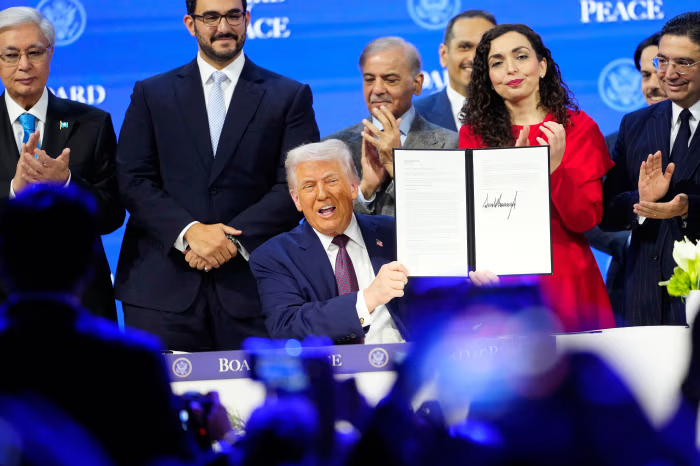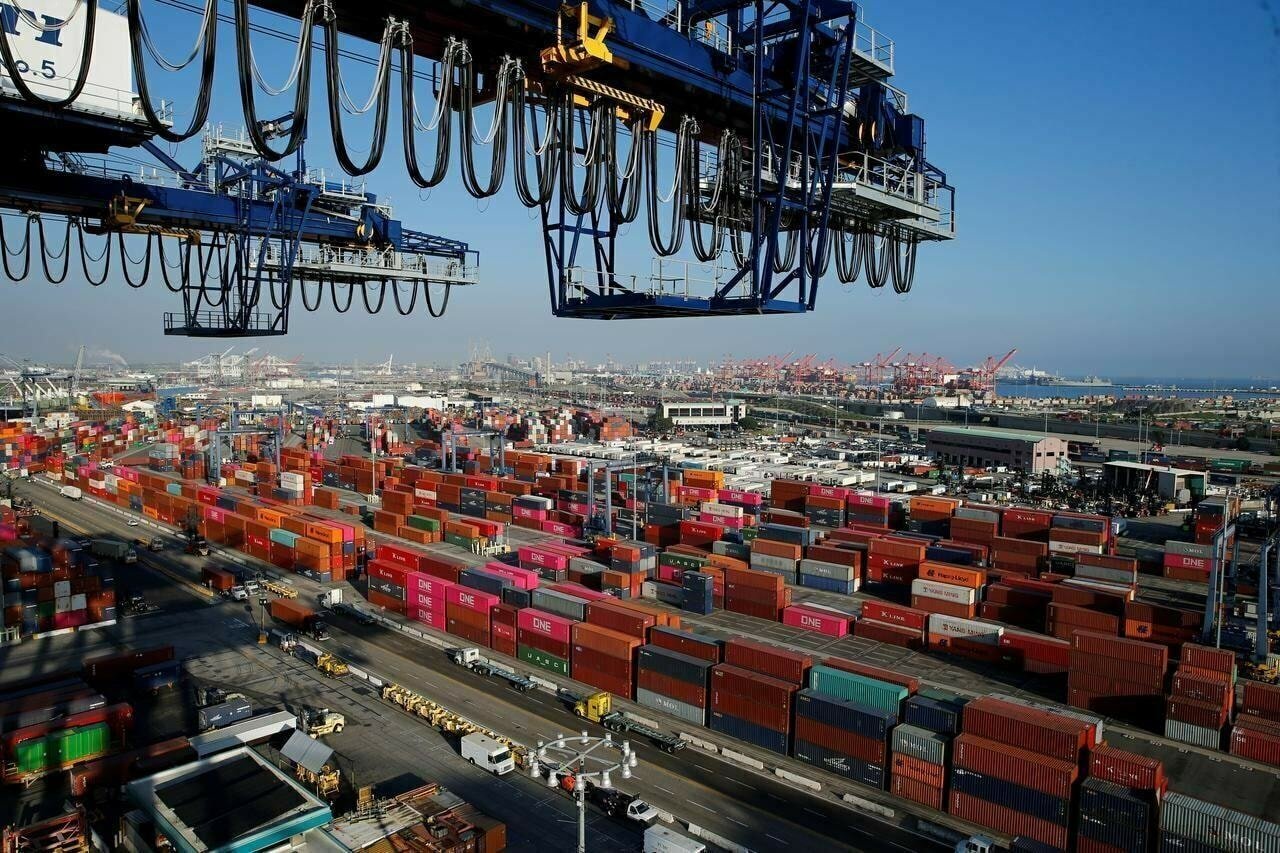Ahmad Mustafa
The world today is being reshaped in unprecedented ways — politically, economically, and militarily. It is a good time to observe, but a dangerous time to act. Activists, journalists, and ordinary citizens who dare to participate in conflicts or movements often end up martyred, silenced, or missing in action. The epicenter of this turbulence remains the Middle East, but its shockwaves touch every continent.
Amidst this uncertainty, the recent Saudi Arabia–Pakistan strategic defence agreement has caught global attention. It reflects the renewed urgency among Muslim-majority nations to consolidate defence and redefine sovereignty in the age of multipolar power. While the fine print of the pact remains undisclosed, it raises a deeper question — do Muslim states truly have the sovereignty to deploy their military power independently?
Follow Republic Policy on YouTube
Historically, five Muslim-majority countries have anchored the Islamic military world: Turkey, Egypt, Iran, Pakistan, and Indonesia. Together, they represent varying degrees of power, ambition, and autonomy.
Turkey has transformed from the “sick man of Europe” into a resilient regional power. With a $28,000 per capita GDP and $30 billion defence budget, Ankara’s 445,000-strong armed forces are well-equipped with domestically manufactured systems. Its membership in NATO and advanced drone technology make it one of the most formidable Muslim militaries.
Egypt, the ancient civilization turned modern military state, maintains one of the world’s largest standing armies. With nearly 750,000 active and paramilitary personnel, it draws from both Soviet and Western weapons systems. Under President Abdel Fattah el-Sisi, Cairo continues to receive massive Gulf investments, anchoring its defence infrastructure.
Iran, since the fall of the Shah in 1979, has built a hybrid military-industrial system, blending ideology with self-reliance. Despite sanctions, it maintains an estimated $23 billion defence budget, 600,000 troops, and significant ballistic capabilities. Tehran’s Revolutionary Guards and Quds Force give it regional reach — from Lebanon to Yemen.
Follow Republic Policy on Facebook
Pakistan, the only Muslim nuclear state, remains a cornerstone of strategic balance. With 630,000 troops and a $20 billion defence allocation, it boasts a strong domestic defence industry and a diverse equipment base — from China to the West. Islamabad’s military cooperation with Riyadh reflects not just shared faith but shared security concerns against terrorism and regional encirclement.
Indonesia, the world’s largest Muslim democracy, has evolved from post-colonial struggles to economic stability. With a $15 billion defence budget and a 400,000-strong force, Jakarta’s modernisation drive reflects a growing regional ambition across Southeast Asia.
Follow Republic Policy on TikTok
Beyond these five, oil-rich states have dramatically increased their military clout in recent years. Saudi Arabia, with a defence budget nearing $92 billion and 325,000 troops, is the world’s top arms importer. Its advanced U.S. and European weaponry, coupled with modern air defences, gives it unmatched firepower in the Islamic world. The newly inked defence pact with Pakistan symbolizes a shift — from dependence on Western protection to intra-Islamic strategic autonomy.
The UAE, meanwhile, has emerged as a surprising military power. Post–Abraham Accords, Abu Dhabi has maintained security pragmatism, spending nearly $30 billion annually on defence. Its 65,000-strong professional army is one of the most technologically advanced in the Arab world, deploying modern aircraft, drones, and naval assets.
Follow Republic Policy on Instagram
Collectively, these Muslim nations represent vast potential — over 2 million active troops and a combined defence budget exceeding $200 billion. Yet the real test lies not in firepower, but in sovereignty of use. Many remain dependent on Western systems, training, and political approval. True independence demands indigenous innovation, unified strategic direction, and shared doctrine.
Today’s geopolitical storm — from Gaza to the Gulf — underscores that defence pacts alone cannot ensure security. Muslim nations must redefine cooperation, invest in technology, and foster mutual trust instead of rivalry. The Saudi-Pakistan pact could be the start of this transformation — if it evolves beyond symbolism into a framework of shared deterrence, intelligence, and defence manufacturing.















